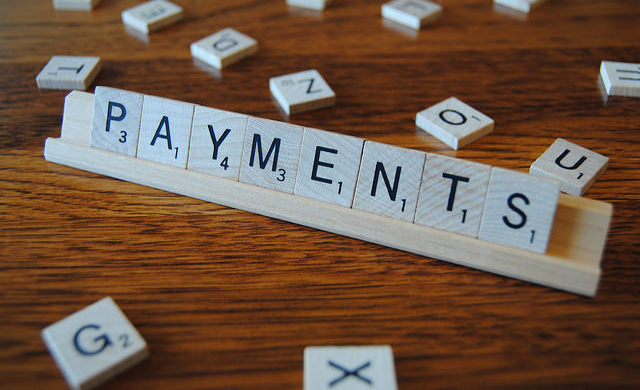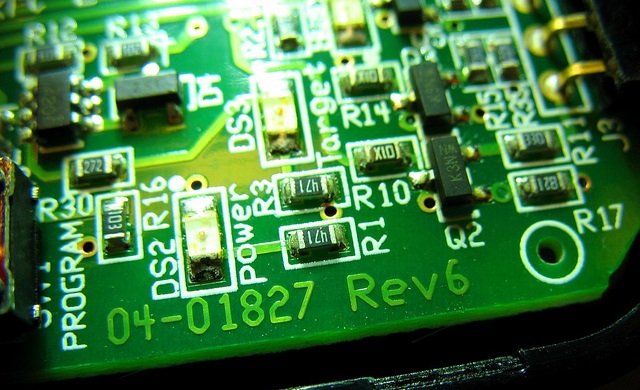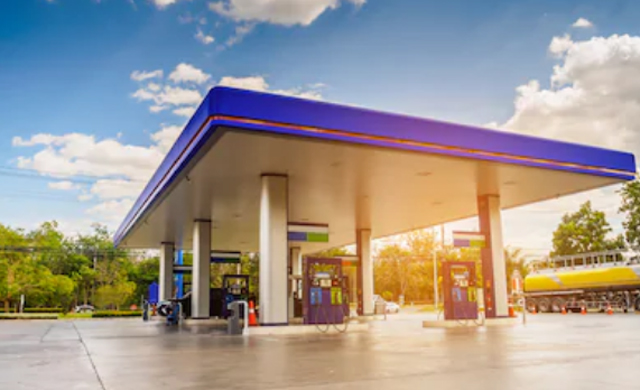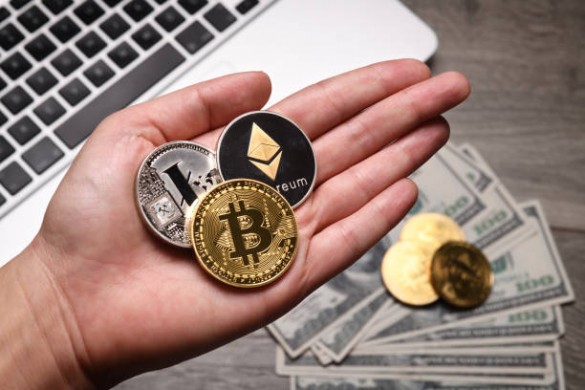When managing your own portfolio do not let money slip away in trading costs, taxes and fees. And when paying someone else to manage your money make sure the fees do not take away the bulk of the investment gain. Fund manager fees of 1.5% sound low, but can easily remove one-third of the gain. If a fund manager wants 1.5% you’d better be sure he/she packs some real dynamite, when the alternative is an ETF or Tracker charging under 0.3%.

One of the ways for investors to underperform is to overtrade. Constantly buying and selling is not required to build up a great portfolio. Simplicity brings low cost. Investing only after a period of thorough analysis and reflection means buying instructions to brokers will be few and far between. This will save on broker fees, and ensure that you only invest when really convinced about the margin of safety.
Also, the tax system gives you a boost if you are not regularly realising profits but allowing compounding to work its magic without interruption and without the taxman taking out a regular slice. Another advantage with not feeling compelled to jump in and out of shares is that you do not need to listen to market traders’ nonsense about short term expectations – save your mental energy.
When it comes to placing money in a fund, vigilance over costs needs to be even greater. The typical fund manager turns over their fund contents once every 18 months (some have a 200% turnover inside of a year!). If you take into account brokerage costs and tax on trading (e.g. UK stamp duty is 0.5%) clients could easily be paying 0.8% per year in transaction costs. Let’s be generous and say much of this trading is necessary due to say takeovers, share buybacks, dividend reinvestment, etc. so that the “excess trading” costs falls to only 0.4% per year. Doesn’t sound much, does it?
But, let’s do some simple maths:
If a £100,000 fund grows at the return on the underlying investments, i.e. 7% per year, at the end of twenty years there will be £386,968.
If the same fund grows at 7% minus 0.4% cost of normal transactions after twenty years there will be………………
………………To read the rest of this article, and more like it, subscribe to my premium newsletter Deep Value Shares – click here http://newsletters.advfn.com/deepvalueshares/subscribe-1

 Hot Features
Hot Features













